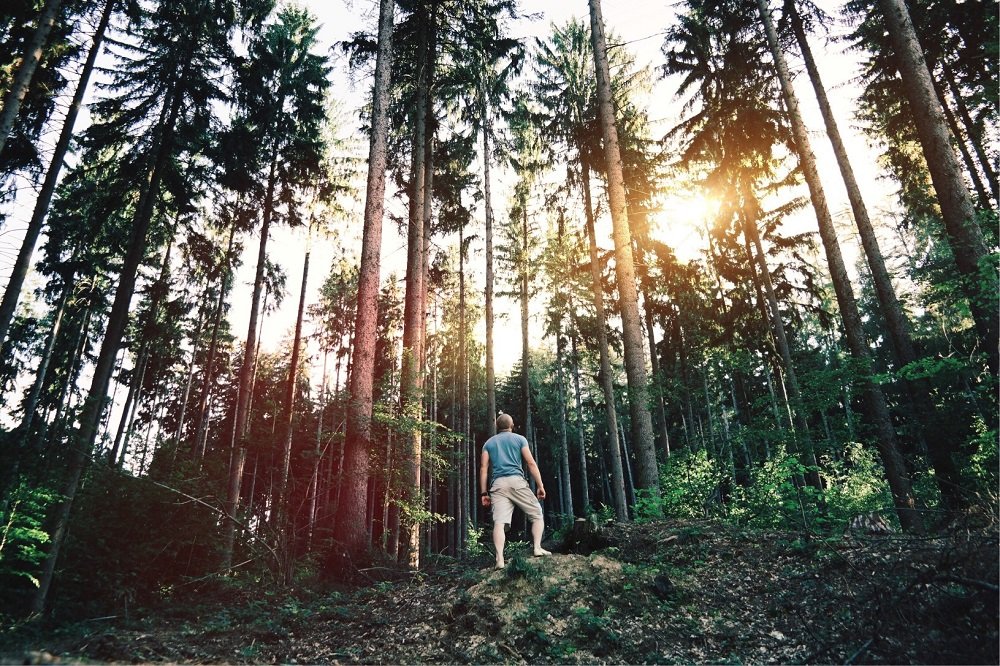Surviving in the wilderness requires knowledge skills and the ability to adapt oneself to the surrounding environment. Can You Survive The Wilderness?

Surviving in the wilderness is an experience that can be equal parts challenging and rewarding. It’s the ultimate test of one’s physical and mental strength. But before embarking on such an adventure it is essential to arm yourself with the necessary knowledge skill and gear to navigate the wild effectively.

Water:
Adequate hydration is crucial. Purify water using a filter or boiling to remove impurities.Shelter:
Build a shelter using materials available in the wilderness. It can protect you from elements like rain and sun.Fire:
Learn to start a fire and use it for warmth cooking and signalling for help.Navigation:
Familiarize yourself with basic navigation techniques like using a map and compass.Food:
Find and consume edible plants and fruits. If hunting is necessary learn proper techniques to avoid harm.First aid:
Carry a first aid kit and know basic first aid procedures for common injuries and illnesses.Gear:
Bring appropriate clothing camping and cooking gear navigation tools and emergency supplies.Plan and Preparation:
Research the wilderness you’ll be entering study the terrain and environmental conditions. Inform others about your intended route and expected return time.Adaptability:
Be flexible in your approach as conditions can change quickly. Learn to modify strategies based on the environment.Mental Preparedness:
Acknowledge the fears accompanying wilderness survival journeys and work on developing a positive mindset to help you persevere.Signalling for Help:
Carry a communication device like a satellite phone or signal flares to contact emergency services if needed.Environmental Awareness:
Learn to identify poisonous plants and animals. Be mindful of the ecosystem and respect the local flora and fauna.Wilderness Training:
Consider completing wilderness survival courses to gain essential knowledge and skills before embarking on your adventure.Respect for Nature:
Understand your role as a visitor in the wilderness. Practise Leave no Trace principles to minimize your impact on the environment.Learn from Locals:
Consult local experts hunters or survivalists in areas you intend to explore. They may provide valuable advice specific to that region.
Remember that wilderness survival is a skill that requires practice and knowledge. Take time to learn wilderness survival techniques properly and educate yourself about the particular wilderness you plan to explore. By following guidelines and being prepared you increase your chances of thriving in the challenging yet fulfilling environment that is the wilderness.











